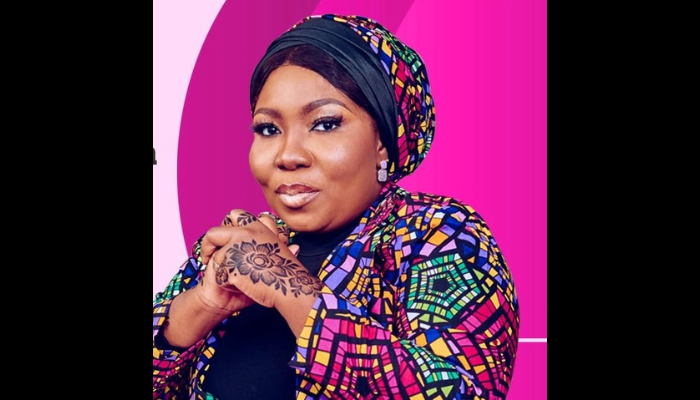By Obinna Emelike
Copyright businessday

No doubt, Nigeria sits at the intersection of faith, culture, and commerce; obvious potential that is very much untapped.
In addition, the country has one of the world’s largest Muslim populations, a thriving creative sector, and a rich heritage stretching from the Sahel to the Atlantic coast.
The above, according to Elizabeth Agboola, CEO, NTT Global Destinations, are the ingredients Nigeria needs to become the Halal tourism and creative economy powerhouse of West Africa.
Agboola, a promoter of the halal economy, regretted that the above potential remains largely untapped.
Drawing from her experience in developing and marketing tourism products and services that meet Islamic standards, the NTT Global Destinations CEO, cited instance with Malaysia, Indonesia, and the UAE, who are currently dominating the global halal travel circuit, while Nigeria, which has even more potential in the sector, is still playing catch-up.
In spite of the challenges, the dynamic tourism entrepreneur, cultural diplomat, and educator talks, insisted that Nigeria can still rise to become West Africa hub for halal tourism and creative exports if the necessary things are put in place.
To thrive in halal tourism, Agboola noted that Nigeria needs a national strategy, supportive policies, and dedicated infrastructure.
With the above in place, she assured that the country will reposition to capture billions of dollars lost to other markets in halal tourism and creative exports.
She also offered more insights on the emerging tourism offering, explaining that halal tourism is more than pilgrimage.
“Halal tourism is often narrowly defined as pilgrimage, such as Hajj, Umrah, or religious conferences. But in reality, it represents a values-driven lifestyle market,” she said.
Speaking further, she noted that halal tourism spans family-friendly vacation experiences, private beachfront and secluded accommodations, alcohol-free or “dry” hotels, culinary trails celebrating halal regional cuisines and religious heritage tours and landmarks.
It also offers platforms for modest destination weddings and honeymoon; hence she considered the northern part of the country as better positioned to lead the shift.
Read also: Nigeria can exceed $5bn GDP target through tourism – Experts
With the Durbar Festival, the Argungu Fishing Festival, centuries-old mosques, Islamic architecture, rich culinary traditions, and northern-style weddings that combine elegance with modesty, the northern region, according to Agboola, can become a magnet for halal-conscious travellers.
Pointing to where creative exports fit into the halal tourism value chain, she noted that tourism is not just about movement; but also, about cultural immersion and that Nigeria’s creative economy offers a unique advantage.
“Kannywood films, modest fashion lines, Islamic literature, music, poetry, and culinary arts can provide global audiences with halal-conscious content that reflects Nigerian identity,” she said.
Explaining further, she said that the above creative exports include promoting Nigeria’s soft power abroad; serve as cultural bridges for diaspora engagement and complement physical travel with stories, entertainment, and design.
“When paired with tourism, Nigeria’s creative industries can drive a holistic halal economy, elevating both culture and commerce”.
Further pointing the way forward, the NTT Global Destinations CEO said that it is not just developing a National Halal Tourism & Creative Export Strategy, but ensuring that they align with global best practices. As well, the country needs to create state-level halal heritage corridors with dedicated infrastructure; establish robust halal certification systems for hospitality, cuisine, and travel; and designate tourism investment zones in Northern Nigeria with strong security frameworks.
Again, she suggested the launch of Nigeria Halal Culture Week to showcase halal food, fashion, film, and festivals, as well as forge partnerships with OIC member states for joint tourism packages and creative collaborations.
In her conclusion, she insisted that Nigeria has everything it needs to lead: faith, food, fashion, festivals, and storytelling.
But unlocking the above potential, according to her, demands deliberate policy, bold investment, and infrastructure upgrades.
Also, with the right strategy, she thinks that Nigeria can welcome Muslim travellers seeking authentic, safe, and meaningful experiences, while exporting creative expressions that amplify her cultural identity.
“It is time to move from the sidelines to the centerstage of the halal economy. Nigeria can, and should, become the gateway to halal tourism and creative exports in West Africa,” Agboola insisted.



